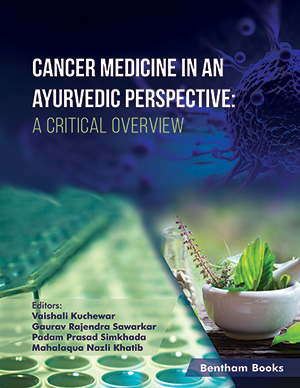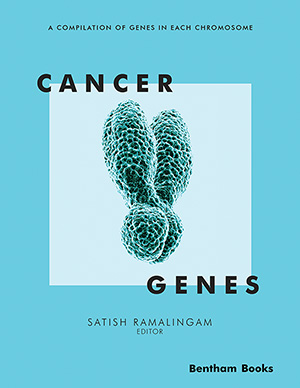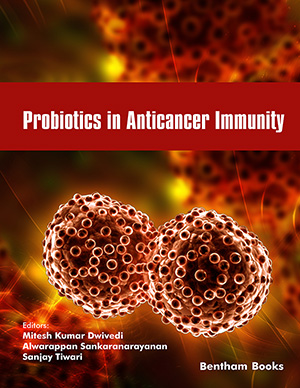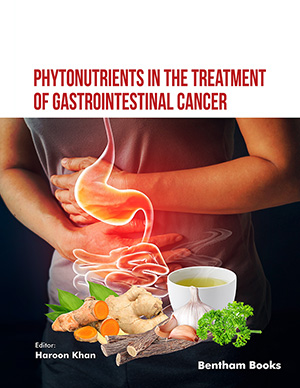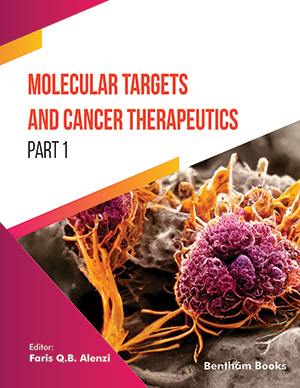
Abstract
Transfer of the gene encoding the noradrenaline transporter (NAT) into tumor cells rendered them amenable to dose dependent, [131I]meta-iodobenzylguanidine ([131I]MIBG) mediated cell kill. We have utilised the human telomerase component promoters (hTR and hTERT) to drive NAT gene expression specifically in tumor cells. Transfected cells were treated with benzylguanidine conjugated to the α-emitting radionuclide [211At]-astatine - [211At]MABG. This radiopharmaceutical was shown to be 1000 times more radiotoxic than the conventional β-emitter [131I]MIBG. Moreover the high LET emissions from 211At kill tumor cells regardless of cell cycle or oxygen status. The interactive components of this novel gene therapy strategy should provide a safe and potent form of radiation-mediated tumor cell kill. Indirect effects of ionizing radiation may contribute significantly to the effectiveness of radiotherapy by sterilizing malignant cells that are not directly hit by the radiation. However, there have been few investigations of the importance of indirect effects in targeted radionuclide treatment. We compared the induction of bystander effects by external beam γ- radiation with those resultant from exposure to three radiohaloanalogues of meta-iodobenzylguanidine (MIBG): [131I]MIBG (low linear energy transfer (LET)β-emitter), [123I]MIBG (potentially high LET Auger electron emitter), and meta-[211At]astatobenzylguanidine ([211At]MABG) (high LET α-emitter). We observed that potent toxins were generated specifically by cells which concentrated radiohalogenated MIBG. These may be LET-dependent and distinct from those elicited by conventional radiotherapy.
Keywords: Gene therapy, astatine bystander effects, noradrenaline transporter













